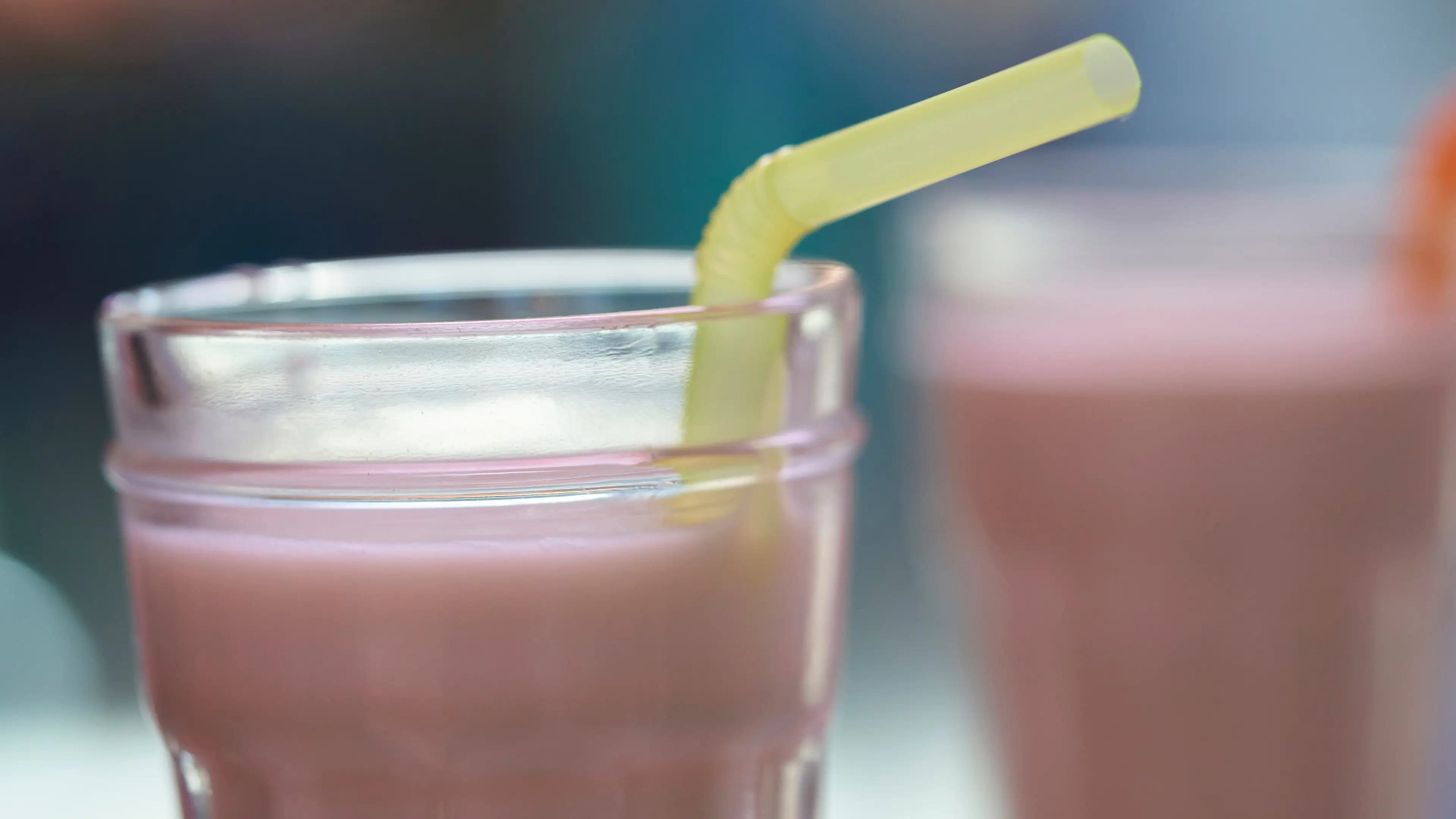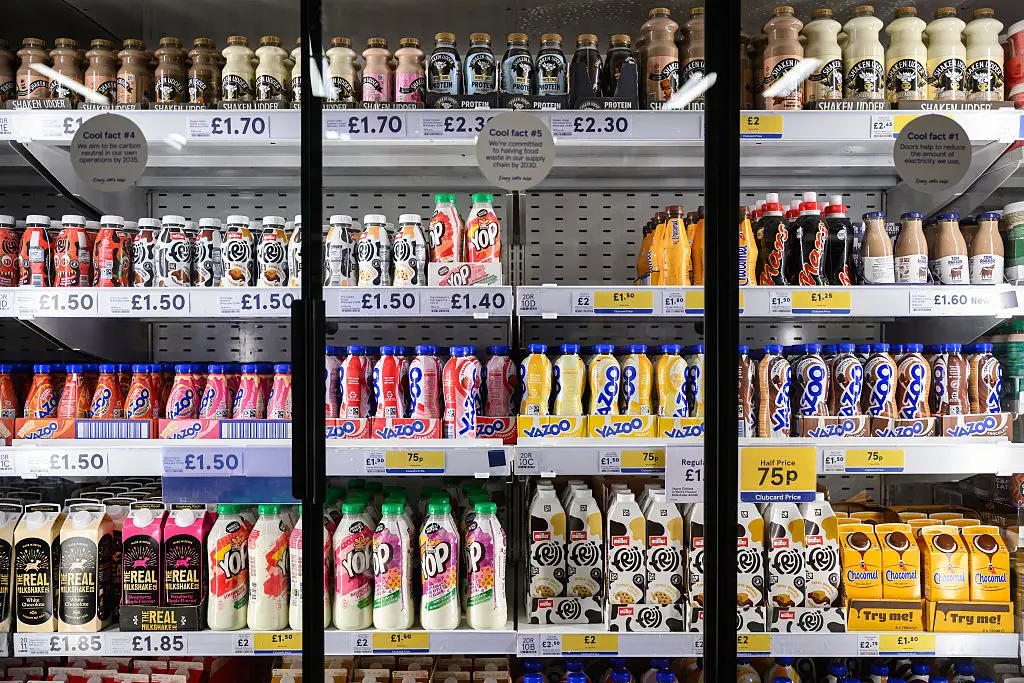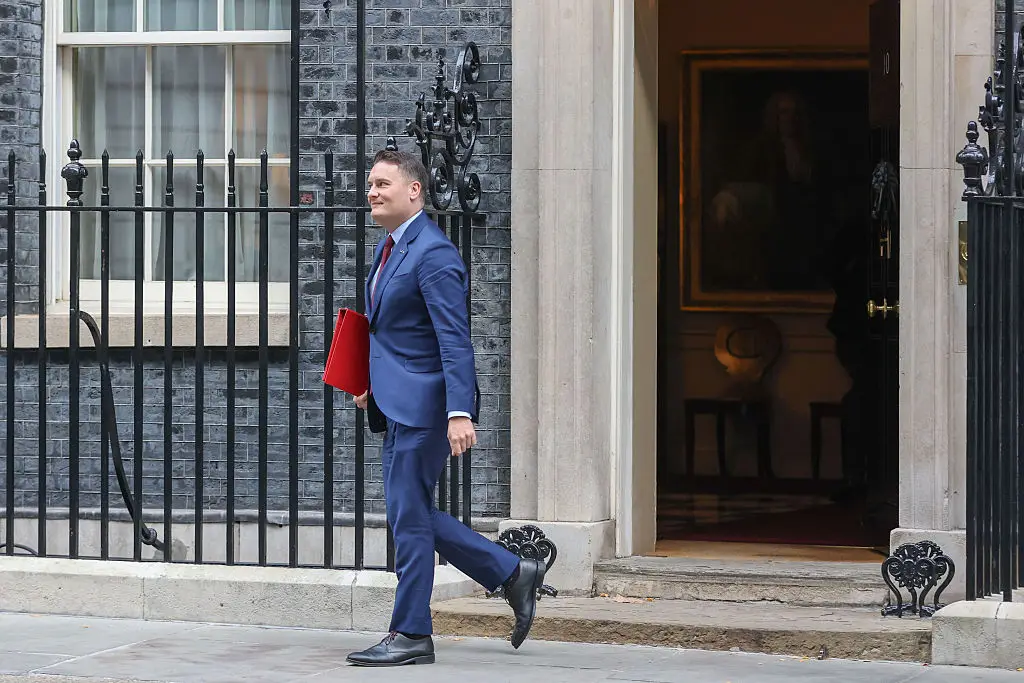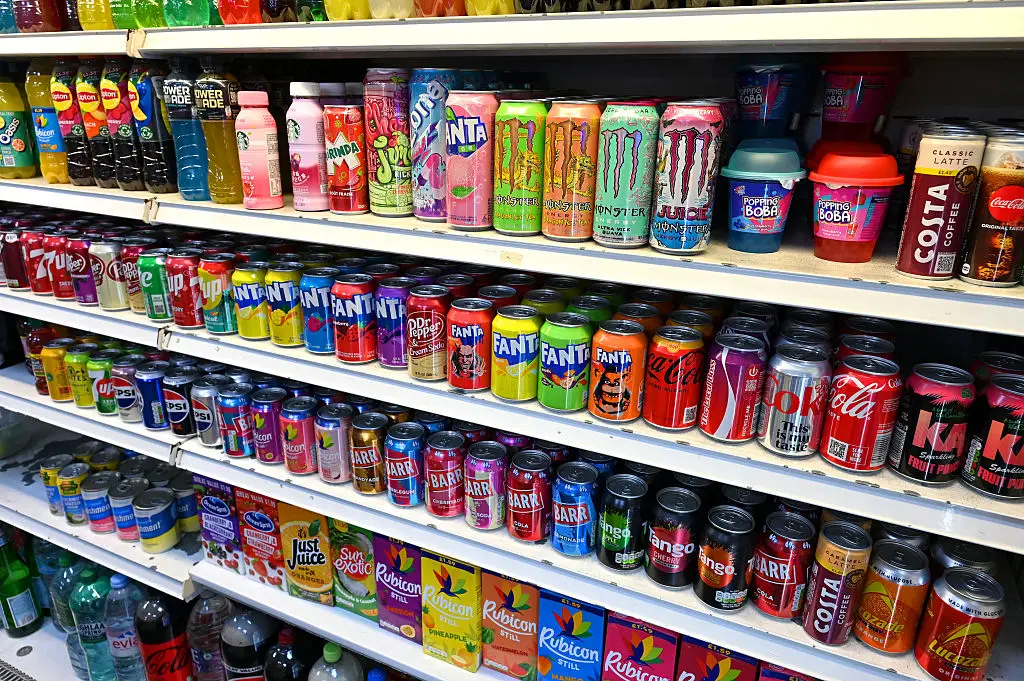
Certain packed drinks, including milkshakes, are set to be hit with sugar tax in a bid to tackle obesity, Health Secretary Wes Streeting has announced.
Pre-packaged milkshakes and coffees that are high in sugar will be hit with an extra tax from 2028, after the health secretary announced he was extending the tax on fizzy drinks to include milk-based products.
Advert
Milkshakes and lattes will soon be victim to tax, but the new laws will not apply to those purchased in cafes or restaurants.
"Obesity robs children of the best possible start in life, hits the poorest hardest, sets them up for a lifetime of health problems and costs the NHS billions," said Streeting.
"So, I can announce to the house we're expanding the soft drinks industry levy to include bottles and cartons of milkshakes, flavoured milk and milk substitute drinks.
"This government will not look away as children get unhealthier and our political opponents urge us to leave them behind."

What is the sugar tax?
While at present, the sugar tax is charged at 19.4p per litre for drinks with a sugar content of between 5-8g per 100ml, those with a total content higher than 8g are charged at 25.9 per litre.
The changes announced on Tuesday will also see the threshold lowered, so that drinks will only need to contain 4.5g sugar to incur the tax.
Which drinks are affected?
This means that favourites like Yazoo, Muller's Frijj, Starbucks Caffe Latte and 'high protein' drinks like Ufit and Shaken Udder could be affected.
In response to the proposed changes, the British Soft Drinks Association has said the plans will be costly for businesses, but were relieved the threshold had been reduced to 4.5g and not 4g.
Up until now, milk-based beverages have been exempt from the sugar tax, which came in back in 2018.
Called the soft drinks industry levy (SDIL), the tax applies to sugary soft drinks found in cans, bottles and cartons in supermarkets.
It also applies to drinks from dispensers, for example in fast food chains, as these are 'packaged liquid flavouring placed into a dispensing machine to be mixed with sugar, or other ingredients, which is then combined with water, carbon dioxide or crushed ice to dispense a drink directly to a consumer'.

What about naturally occurring sugars?
While sugar naturally occurs in milk drinks, the government has created a 'lactose allowance' to account for this.
"The vast majority of lactose present in a milk-based drink will be excluded in the ‘total sugar’ value when determining a drink’s liability [for the tax]," a government report explains.
Meanwhile, drinks prepared in cafes and the premises of other eateries will not be impacted, and neither will plain cow's milk or other milk-based drinks without added sugar.

Which drinks are exempt?
As per the BBC, beverages that are currently excluded from the tax include:
- Drinks that are at least 75% milk
- Milk alternatives
- Alcohol-free beer and wine
- Fruit or vegetable juice
- Liquid flavourings
- Baby formula
- Powdered beverages
- Diet replacement foods used as part of a special diet or for medical reasons
What impact has the sugar tax had so far?
The SDIL has so far led to a reduction in the sugar contained in soft drinks by 46 percent, while 90 percent of the market now contains products with less sugar content than the tax threshold.
While the changes will not happen straight away, the legislation is expected to take effect on 1 January 2028.
